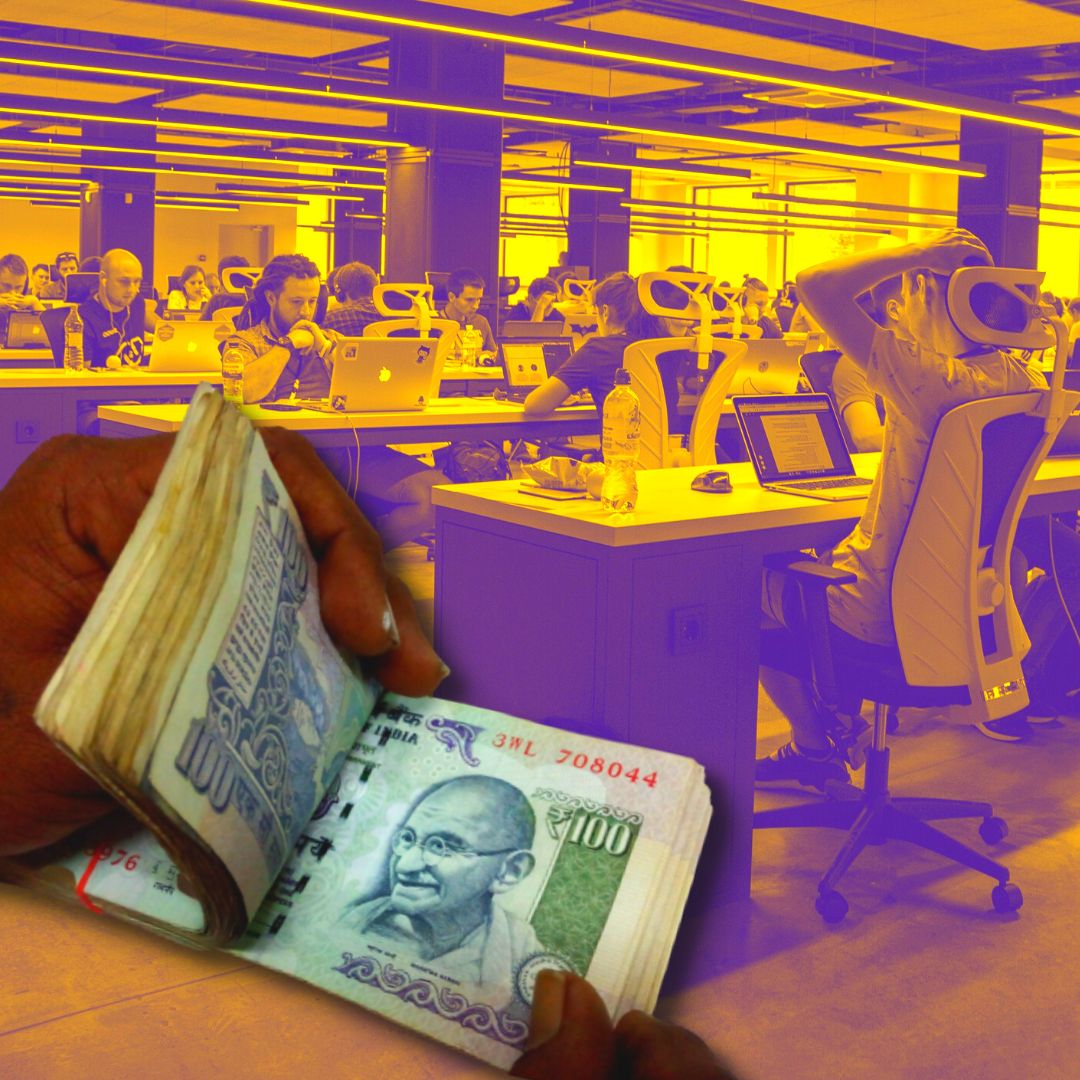Company To Pay Salary, Full & Final Settlement Within 2 Days Of Resigning: All About India's New Wage Code
Writer: Snehadri Sarkar
While he is a massive sports fanatic, his interest also lies in mainstream news and nitpicking trending and less talked about everyday issues.
India, 1 July 2022 6:06 AM GMT
Editor : Ankita Singh |
A literature lover who likes delving deeper into a wide range of societal issues and expresses her opinions about the same. Keeps looking for best-read recommendations while enjoying her coffee and tea.
Creatives : Snehadri Sarkar
While he is a massive sports fanatic, his interest also lies in mainstream news and nitpicking trending and less talked about everyday issues.
According to the new laws, companies can also raise the working hours from 8-9 hours a day to 12 hours. However, they will then need to offer the employees three weekly offs as well.
As per, the new wage code companies must pay out the full and final settlement of dues and wages within two days of an employee's last working day after their dismissal, resignation or removal from services or employment.
At present, the common practice obeyed by companies is to pay the complete settlement of dues and salary after 45 to 60 days from an individual's last working day, and in many cases, it even goes at late as 90 days.
Know All About India's New Wage Code!
According to India's latest reform, which the parliament has already passed, there are four labour codes: pay, occupational safety, social security, labour relations, health, and working conditions. The new wage code under the labour law states, "Where an employee has been - (i) removed or dismissed from service; or (ii) retrenched or has resigned from service, or became unemployed due to closure of the establishment, the wages payable to him shall be paid within two working days of his removal, dismissal, retrenchment or, as the case may be, his resignation."
The new four labour codes were put together by combining and reviewing the prior 29 Central labour laws, reported NDTV.
While the Centre aims to enforce these new laws by July 1, numerous states across the country are yet to ratify these new constraints, which is going to be a must before they can turn effective, as per the constitution, as labour is on the concurrent list. A handful of states are yet to establish the new laws needed by all four labour statutes.
As per the Minister of State for Labour and Employment Rameshwar Teli's written reply to the Lok Sabha, just 23 states and union territories (UTs) have officially published the draft guidelines under the new Code on Wages.
Pros And Cons Of The New Announcement
If the new wage code is put into effect, businesses would be required to realign their entire payroll processes and operate around the procedures and timeliness for deriving the complete settlement of wages within two working days. However, the new code also permits individual states to set the full and final settlement time on the basis of what the state governments believe is reasonable.
The latest wage codes also lay down a string of other modifications, which will help in increased work hours, decreased in-hand salary for the employees and PF (Provident Fund) contributions. According to the new laws, companies can also raise the working hours from 8-9 hours a day to 12 hours. However, they will then need to offer the employees three weekly offs as well.
Furthermore, the working days during a week will also be brought down to four days; however, the total working hours in a week will no way be affected. This new wage code lets companies mandate total working hours of 48 per week. The take-home salary of employees will also change massively as the basic salary would at least be 50 per cent of the gross monthly payout under the new code.
This will help further improve the PF contributions made by employers and employees, and the take-home pay will see an effect on the employees in the private sector. Under the new labour laws, the retirement corpus and gratuity amount will increase.
Also Read: Crisis Ahead! Yamuna Water Level Lowest In 57 Years, Regular Supply To Be Hit In Delhi
 All section
All section















